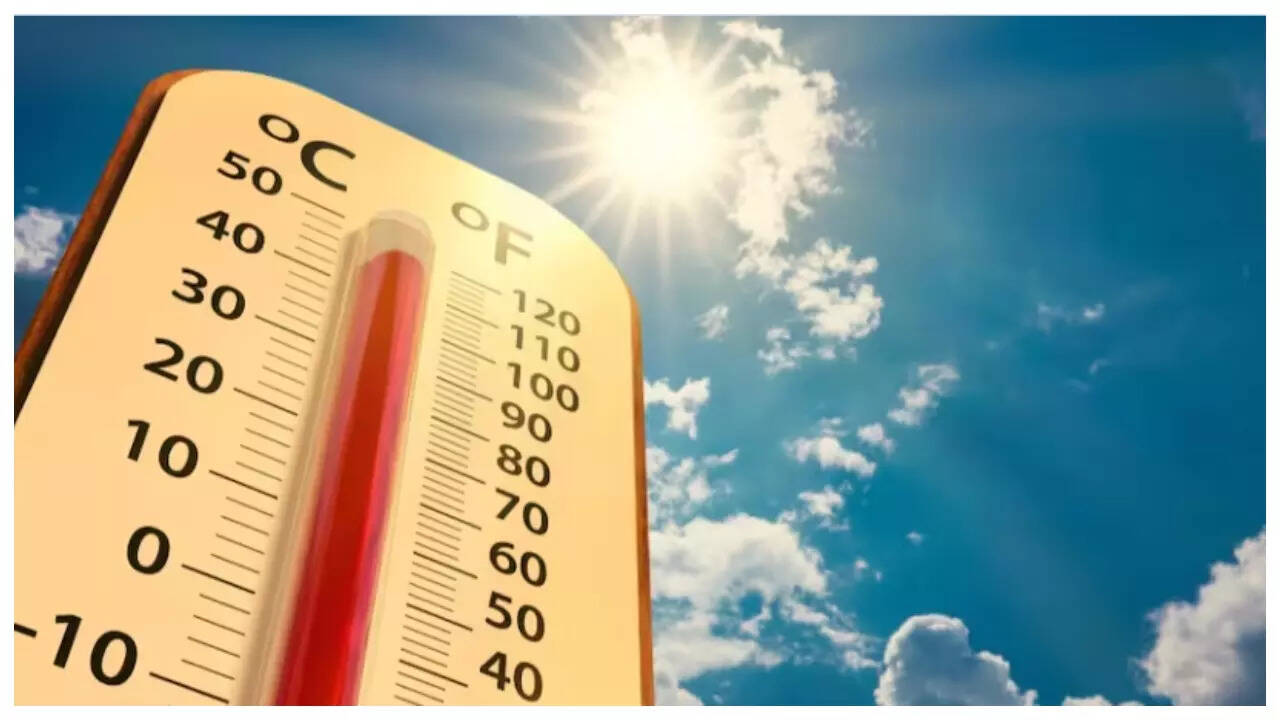Plastic-for-meals, pads-for-waste: Rural India reimagining sanitation solutions
New Delhi, India's path to reaching the milestone of having 77 per cent of its villages as ODF Plus Model has been quietly paved by local experiments from plastic-for-meals drives to tourism-funded waste management systems.

A village can attain ODF Plus Model status once it sustains its open defecation-free position, has arrangements for both solid and liquid waste management, observes visual cleanliness, and displays ODF Plus information, education and communication messages.
Going by official data, more than 5.10 lakh villages have arrangements for solid waste disposal while over 5.26 lakh have systems for liquid waste management. More than 1,200 biogas plants are registered and over 6.38 lakh vehicles have been deployed for waste collection.
Yet, beyond these statistics, it is the local leadership and community-led initiatives that are shaping how rural India is managing its waste.
With plastic waste being a significant hindrance to sanitation, Suman Dangi of Karnal district in Haryana has adopted an ingenuous way to solve the problem bring 500 grams of clean, recyclable plastic and get a hot meal in return.
She and her self-help group launched the initiative with a ₹50,000 loan and have since collected over 1,500 kilograms of plastic and served more than 3,000 meals.
Running the programme at the Atal Kisan Mazdoor Canteen in Bhushli village, Dangi said the idea was born out of necessity. "Plastic is everywhere and people are hungry. We found a way to tackle both."
A similar social initiative is unfolding in Uttar Pradesh's Sonbhadra district. Here, women are trying to address plastic pollution and menstrual hygiene together.
Christened 'Mera Plastic, Meri Jimmedari', women of the Unchadeeh village panchayat are given a pack of sanitary pads for every 2 kg of plastic waste they collect.
Initiated by Archana Tripathi, the village head, the program has seen support from health workers and school teachers who are encouraging women and girls to collect used plastic items. "It's a small effort but it helps break taboos around menstruation while reducing plastic litter," Tripathi said.
In neighbouring Ghorawal block, Parmeshwar Pal, a village head, has taken on the task of collecting plastic waste in an e-rickshaw daily while urging locals to reduce single-use plastic. "It's not a glamorous work, but it starts conversations and changes habits," he said.
In the hill state of Uttarakhand, a revenue-backed waste management model has emerged in Sirasu village along the Ganga river.
Once lacking basic sanitation, the village is now an ODF Plus Model site that funds its cleanliness drive through tourism. Since 2018, the local panchayat has charged ₹1,000 for pre-wedding photo shoots and rented out tents and lighting equipment to generate ₹50 lakh revenue over the years.
The funds are used to maintain toilets, operate plastic waste collection centres, and improve infrastructure for the growing number of tourists. "The photoshoots bring money that keeps the village clean," said a member of the village panchayat.
Community spirit and wisdom have transformed Niuland district's Ghokito village, just a kilometre from Kuhuboto town in Nagaland, into an ODF Plus Model Village that has 86 households and a population of just over 500.
At the heart of Ghokito's waste management lies a simple yet powerful practice: backyard farming.
Kitchen scraps like vegetable peels and leftovers are cooked with wheat bran and green leafy vegetables to create feed for pigs, raised by nearly every household. This turns waste into a resource for the livestock and reduces landfill waste.
Children also play a vital role in Ghokito's sustainability efforts.
Every week, students from the village's Sunday School collect plastic waste from homes and by-lanes, segregating it for sale to a recycling network. The earnings fund their ministry activities, creating a cycle of community benefit.
Cleanliness in Ghokito is a culture, not a one-time effort. A water and sanitation committee conducts monthly inspections to ensure toilets are clean and functional, with special attention to the hygiene of migrant workers.
Although the Central government has focused on infrastructure push with over 1,825 rural plastic waste units set up, the stories from Bhushli, Ghokito, Unchadeeh, and Sirasu highlight a shift in approach: local solutions for local problems.
"Whether through informal barters or leveraging tourism, rural India's waste crisis is being tackled in ways that go beyond policy documents," a senior official said.
As India moves closer to its sanitation targets, the next challenge will be sustaining these efforts and ensuring they remain community-led and economically viable, the official added.











